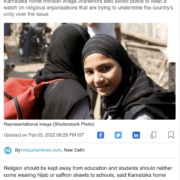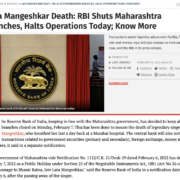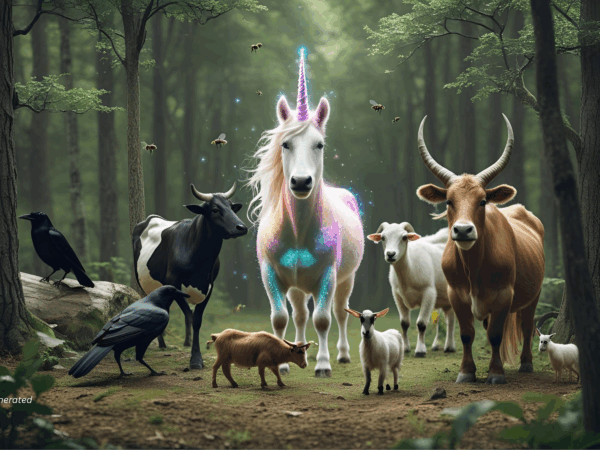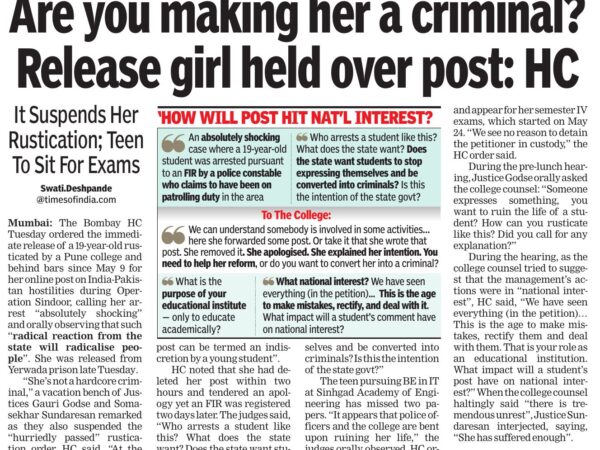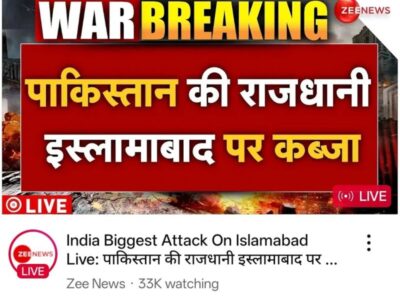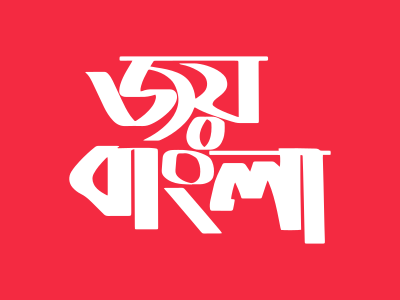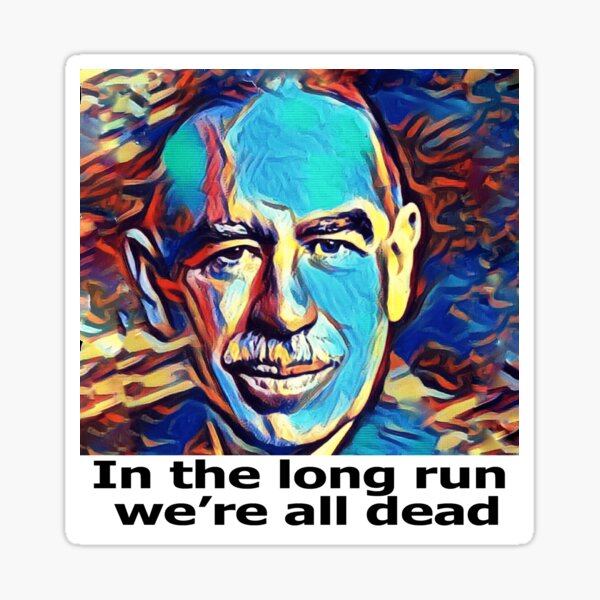
Image copyright: Stephen Acomb
I had an interesting conversation with a politician about the hijab controversy.
It started with me first speaking to a few friends about it and realising that I should write about the facts and leave it to people to form an opinion.
Then, I wrote my thoughts on the subject where I do what I wanted to (present facts and perspectives but not voice an opinion). You can read them here.
Then, I was part of a conversation on Twitter where I agreed with someone that as long as people know a priori (and explicitly) what the rules are and have made informed decisions when they are signing up for it, it’s perfectly fine in my view, to enforce those rules as agreed upon by all right at the beginning.
And then, some time ago, I had a rather long(-ish) discussion with someone (with a brilliant mind and who has my utmost love and respect for the past 35 years) who has been in public life, specifically grassroots politics in India, for the past 20 years and is a first-generation politician, meaning that he comes with no preconceived notions except his readings on the subject, and his thoughts which he formed before he entered his current field.
He has seen politics closely enough to understand that most politics is about identities and power struggles within and between those identities, regardless of how inclusive or exclusive such identities are.
So, his view was thus:
- All humans are part of some group or the other.
- All groups struggle for power.
- Power struggles are the root cause of politics. Indeed, it won’t be wrong to say that all of politics can simply be defined as intra- and inter-identity struggle to get a bigger and bigger place at the table of power-sharing.
- If they joined the school knowing that hijab isn’t allowed, but later decided that they want the school to change the rules, they are well within their constitutionally guaranteed rights to raise such a demand.
- The publicity, the mass protest, and all that followed and continues to happen is part of the process of power struggle.
- What is happening in the microcosm of a school is also happening in millions of other microcosms, as well as in larger, macrocosmic spaces.
- This is a universal issue and not an India-specific one.
- This has been going on ever since the first human got together with a second human to build a society.
- The INC (his party) has chosen one side in this power struggle. The BJP has chosen another.
- No one side is morally superior to the other without the benefit of hindsight. And whenever the question of moral superiority is decided later, it will only be applicable for the period of time when it was considered morally superior, for times too change, and with it, morality.
Now, this is where it gets interesting. And then it hits you. The epiphany I had when I read Harari’s equivalence of religious faith and human rights, both being human-made, and both equally random in their genesis and continuing existence, while believers in both stating vociferously that only their belief isn’t arbitrary but somehow universal, either through its divine origin (‘In the beginning, God created the heavens and the earth…’) or through some other sort of sleight of hand where one simply uses a confident tone to assert something without evidence (‘We hold these truths to be self-evident…’) was of an equivalent calibre in its Earth-shaking, consciousness-raising quality.
There are no right or wrong sides of the hijab conflict from a purely political or historical perspective. As for legal angles, it is for the court to decide whether what the school is doing, or what the students (and their parents and religious teachers) are expecting is right and who must give in. But as for us, the observers who need to determine where we stand, it is only our morals that must be the guiding lights. And as we know, all morals are arbitrary and may only be decided on hindsight as to which ones were worth dying on that hill for and which ones our future generations would wonder at our even considering as legitimate.
Today, the hijabi students signed up for a school that they knew had strict dress codes and chose to still flaunt them and insist that the school change its codes and not them their clothes. Tomorrow, the same could be done by people of another class, race, caste, faith. And even they would be right to use whatever they have in their arsenal, whether PR, or protest, or appealing to the morality of the legality of it, or democratic opposition, or even non-democratic resistance, including but not limited to violent means to go up against who they think are their oppressors.
I am not saying they should or will. I am saying that whenever two identities clash in a struggle for power, there are no rules. And this is not just how it has been for millennia, but also how it will continue to be, even if we self-declared civilised and evolved humans sit on our high horses and lecture the world about democracy and non-violence, following the law of the land and peaceful demonstration, human rights and contractual obligations, or whatever it is that we find ourselves manifesting from inside our own minds, full of arbitrary ideas and made-up ideals.
The oppressed, in the end, as my dear friend Gautam Benegal used to say, do not seek parity. They seek a reversal of roles, indeed a turning of tables. They seek dominance. What is up today goes down in time. And the cycle repeats. Some of it over decades, some over centuries, and some over millennia. But it does, and that is all right, for that is a perfectly human trait to have. It is up to us which side of the divide we stand on every issue, and it is perfectly normal for us to try and convince as many people from both sides to stand with us by appealing to absolutely everything we can: identity, faith, politics, ego, morals, spirit, physical or metaphysical arguments, or whatever other justifications and logic we can conjure up. What I have to say is that regardless of where you stand and how right you think your stand is, whether you are on the right side or not will only be decided by history. And that too for that small sliver of time in the future when you’d be seen as having ended up on the right or wrong side of it, with the phrase ‘ended up’ having no more meaning than the phrase ‘in the long run’.
For in the long run, as famously remarked by John Maynard Keynes, we are all dead.
